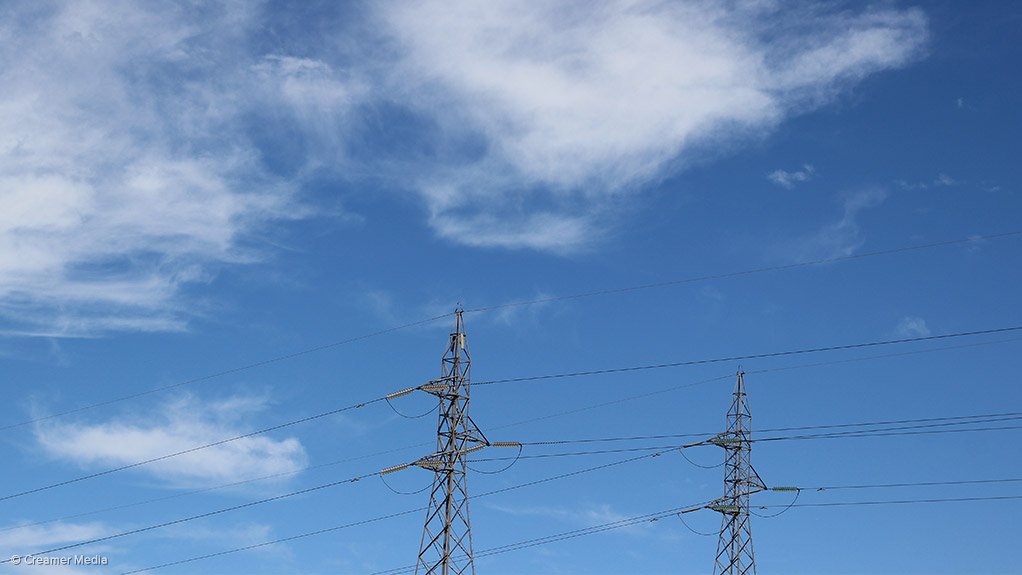Two-thirds of power utility companies and stakeholders across Africa cited ageing or badly maintained infrastructure as a “very high” concern for the continent’s power sector.
Many believed, however, that this situation would improve, with only 39% predicting that it would be a “high or very high” concern in five years’ time, the PwC Africa Power & Utilities Survey of 2015 revealed.
Meanwhile, 96% of the 51 senior power and utility sector participants, from 15 countries, said there was a medium to high probability that, by 2025, the challenge of load-shedding would be the exception rather than the rule.
Confidence, particularly in the areas of security of supply and affordability – which 73% of respondents noted was of concern – would possibly be bolstered by an increase in cross-border electricity flows.
Seventy per cent of respondents expected this to be quite significant by 2025, accounting for about one-third or more of electricity generated on the continent.
Speaking at a media briefing in Johannesburg, PwC Africa power and utility leader Angeli Hoekstra said the results were surprising, given the optimistic outlook despite the many challenges the continent currently faced.
“We are positively shocked and did our calculations again. There is much to be optimistic about and the results point the way to improvements ahead.
“But security of electricity supply and cost-reflective tariffs continue to be the [biggest] challenges. Until they are resolved, power systems will remain stretched, as investments in the power sector will be limited. Addressing cost-reflective tariffs, while ensuring social equity, is a key challenge,” she added.
The survey further highlighted that energy transformation was taking place and that the power sector would, in future, comprise a mixture of large-scale centralised generation and local minigrid and off-grid distributed generation according to the vast majority of survey participants.
Seventy per cent of survey respondents believed there was a medium to high probability that advances and cost reductions in renewable off-grid technology would deliver an exponential increase in rural electrification levels by 2025.
Hoekstra further noted that the continent’s power sector could improve if electrification levels were increased through cost-reflective tariffs, a risk-balanced power purchase agreement framework, regional power markets, a regulatory environment that encouraged investment in off-grid and minigrid projects and the unbundling and privatisation of the power sector, which was considered as an opportunity by 91% of respondents.
EMAIL THIS ARTICLE SAVE THIS ARTICLE
To subscribe email subscriptions@creamermedia.co.za or click here
To advertise email advertising@creamermedia.co.za or click here











